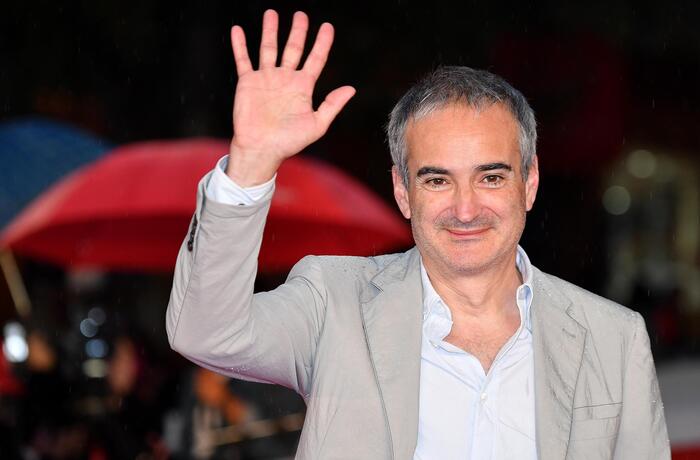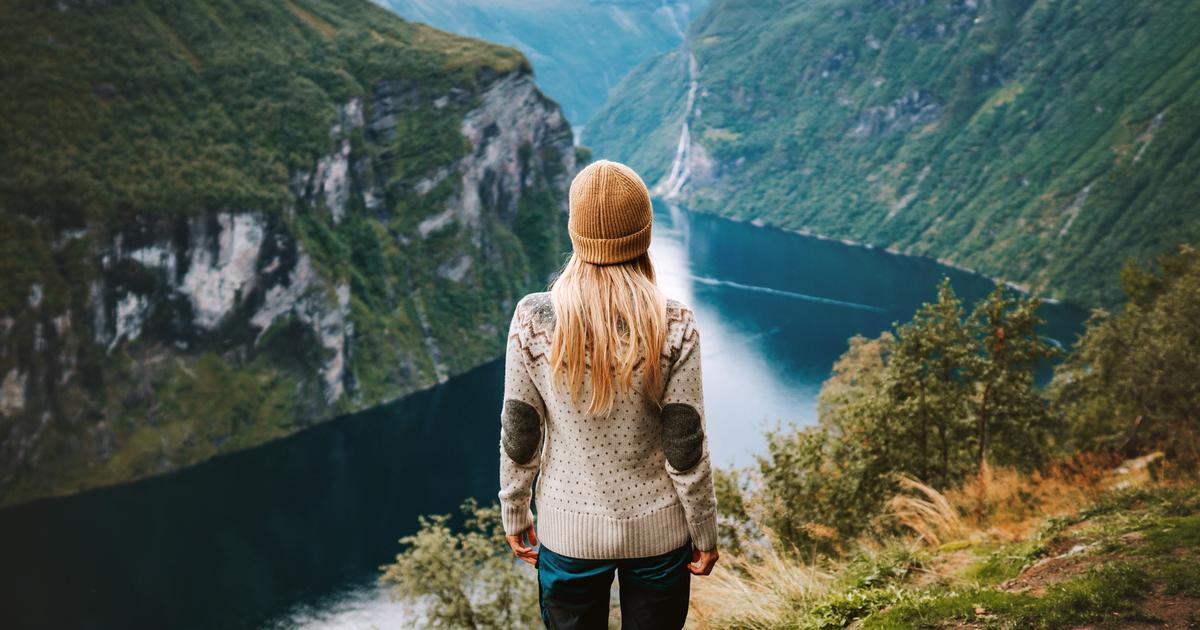Cal Flyn (Inverness, 36 years old), a journalist from the Highlands (Scotland) and awarded Young Writer of the Year 2021 by the
Sunday Times
, has written a book that oscillates between poetry, science fiction, desolation, but also hope .
In a kind of trip to the future, Flyn has visited eight areas of the planet where pollution, wars or natural accidents have forced humans to leave them.
She today she is published
Islands of abandonment.
Life in posthuman landscapes
(Captain Swing), the fruit of this experience.
The most famous of these places is Chernobyl, where we already know that animals roam freely.
He has also visited an uninhabited Scottish island, a mountainous area of Tanzania, the city of Detroit, where the buildings do not stand the test of time, or a Caribbean island that was devastated by a volcano.
In all these places he has witnessed how nature has been appropriating them.
Extraordinary points on the planet that help us guess what will happen when we (maybe) go extinct.
Ask.
Did he want to see our future?
Response.
I didn't think so at first.
It seemed more like a trip to the past, but it didn't take me long to understand that it was actually the other way around.
P.
_
What was the first place she visited?
R.
_
Chernobyl.
To understand the rest of the places, he had to be in the most famous of all.
Her polluted beauty caught me.
There is an exchange between the radiation and the delicacy of the landscape.
Q.
It is disturbing to learn that so many animals have returned to the exclusion zone.
R.
Yes, as soon as you entered that space, a deer in heat appeared.
The radiation is indeed very strong.
And the more they move, the more risk they have of getting sick.
What we do know is that the animals are healthy enough for them to increase in number.
This also affects nature.
There are areas where it doesn't work as it should, the plants don't rot, it's strange.
Q.
What happens when we leave a zone?
A.
The first thing to arrive are the seeds brought by the wind, together with those carried by insects.
And fast-growing plants appear, ruderal plants such as gualda, poppies, or cerraja.
They are the pioneers.
After a while, plants that take longer to grow appear, such as moss and lichen, which they generate like a carpet that holds everything in place.
Other plants begin to grow on top: grass, bushes... Over time, depending on the nature of the land and the climate, trees will arrive, growing almost anywhere.
P.
I have the feeling that in 2019 the idea of ecocide was a little more diffuse, but not today.
How do you see this matter?
R.
I think that humans will continue to exist, perhaps we will be able to make great changes in our existence.
But I realize that the idea of us disappearing is a comfortable fantasy.
Q.
In other words, there are people who are comforted by imagining our extinction.
R.
I think it makes them feel better.
It's like an easy getaway, when they think of all the changes we would have to make they get anxious.
But I think that idea is wrong.
In almost every place I have visited there was someone living among the ruins.
We will survive.
Q.
You talk about “secondary vegetation”.
What is?
R.
When the countryside is left for the city, many lands are abandoned.
In 2030 the extension of these spaces in Europe will have the size of Italy.
This is something that is happening silently and not many people are aware of it.
It is promoting, for example, the return of wolves to some areas, such as Spain, because with abandonment plants and forests grow... They are like small sanctuaries scattered throughout the world uncontrolled by us.
Q.
What conclusion have you drawn from this project?
R.
Nature gives us a gift with its rapid recovery, it is as if it granted us its forgiveness.
But we have to learn to avoid committing the same sin over and over again.
Subscribe to continue reading
read without limits
Keep reading
I'm already a subscriber









